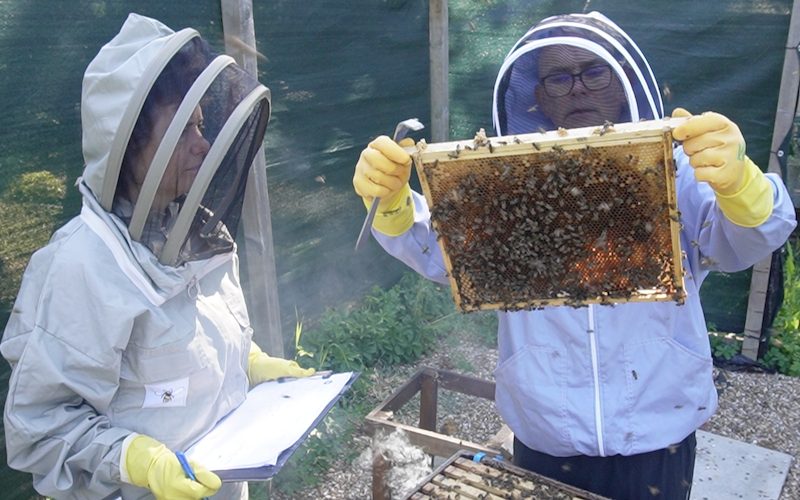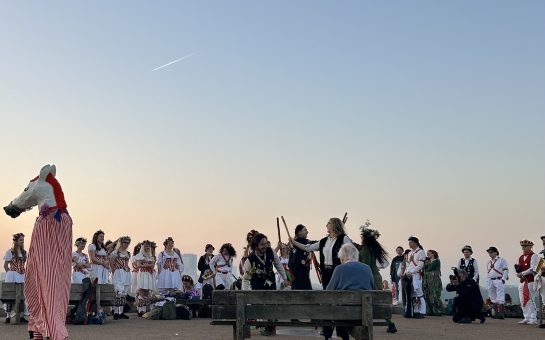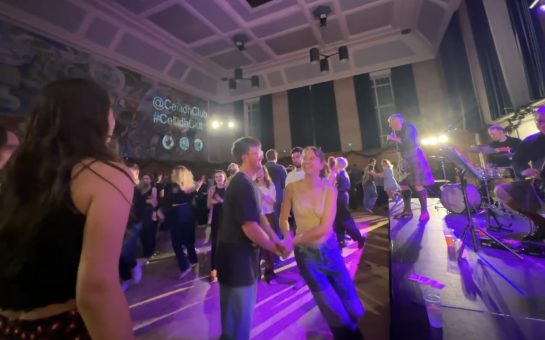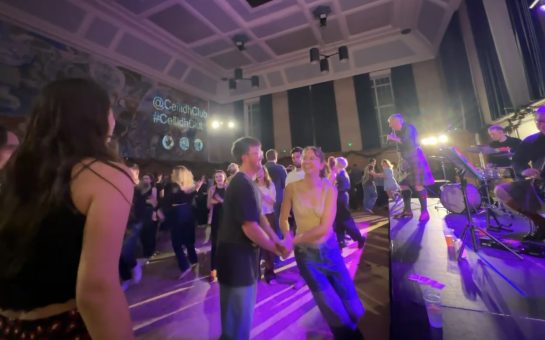Tucked away on an allotment behind Alexandra Palace, hundreds of thousands of honeybees are quietly going about their work with a little help from a group of passionate volunteers.
The North London Beekeepers Association, a collective of enthusiasts and educators, maintains four colonies on site, each home to between 40,000 and 60,000 bees.
The group meets weekly to tend to the hives, share knowledge, and support one another in learning the craft of urban beekeeping.
Adam Williams, the association’s apiary manager at Ally Pally, is a musician by trade but is a passionate beekeeper.
He’s spent years studying bees and now leads one of three active apiary sites across North London.
He explained that there are around 270 species of bee in the UK, but nearly a third of them are in serious decline.
According to Williams, honeybees are more stable because they can work with them directly.
Beekeepers provide treatment and care, helping to keep colonies healthy which is something wild populations really struggle with.
As well as monitoring bee health, Adam and his team also manage swarming, a natural process where a colony splits to form new hives.
While vital to bee reproduction, in urban areas it can cause alarm when swarms settle in parks or gardens. Beekeepers help pre-empt and control this by safely splitting colonies within the apiary.
The work may sound technical, but Adam insists honeybees are surprisingly easy to keep as more and more Londoners are getting involved.
Each year, the North London Beekeepers run beginners’ courses at their training apiaries, and demand is high. For many, the appeal goes beyond the science.
Jo Stenlake joined the association after visiting a friend’s hive and now spends her Saturdays at the Ally Pally site.
“I was fascinated to open up the hive, to understand the types of bees and the whole way it functions as a unit,” she said.
“It’s social, and it’s peaceful as well. You have to calm down, be chill and handle the bees gently. It’s almost a mindful activity.
“It’s not something most of us are dialled into day to day. You go to a park and it’s very manicured, so it’s nice to see the bees in more of a naturalistic habitat.”





Join the discussion